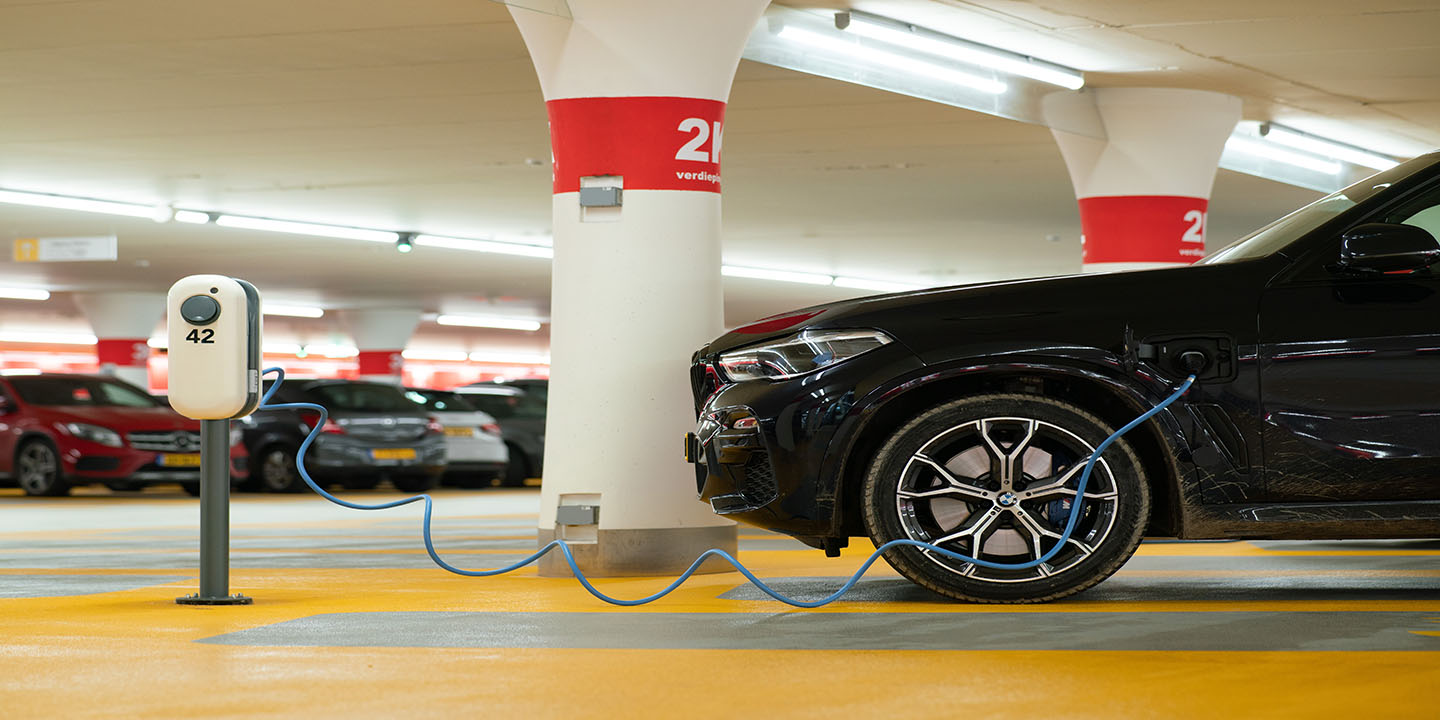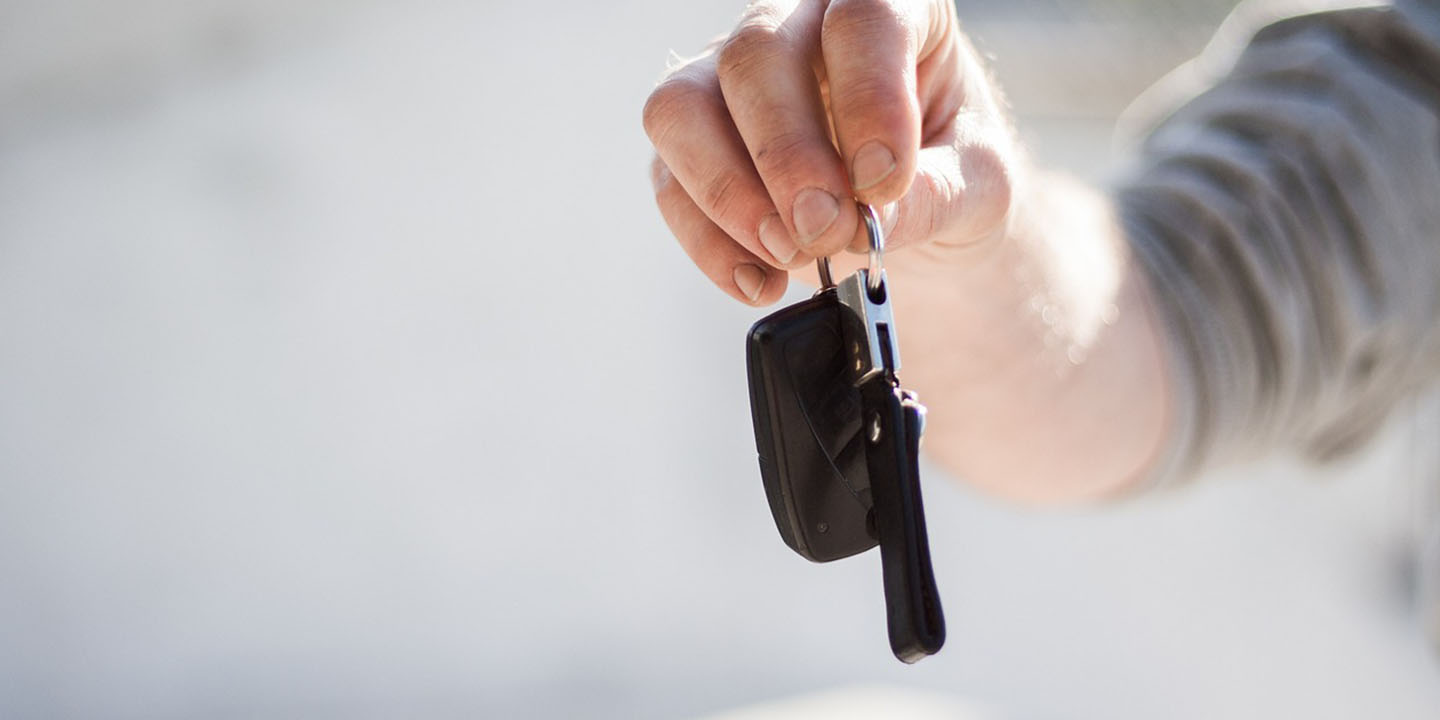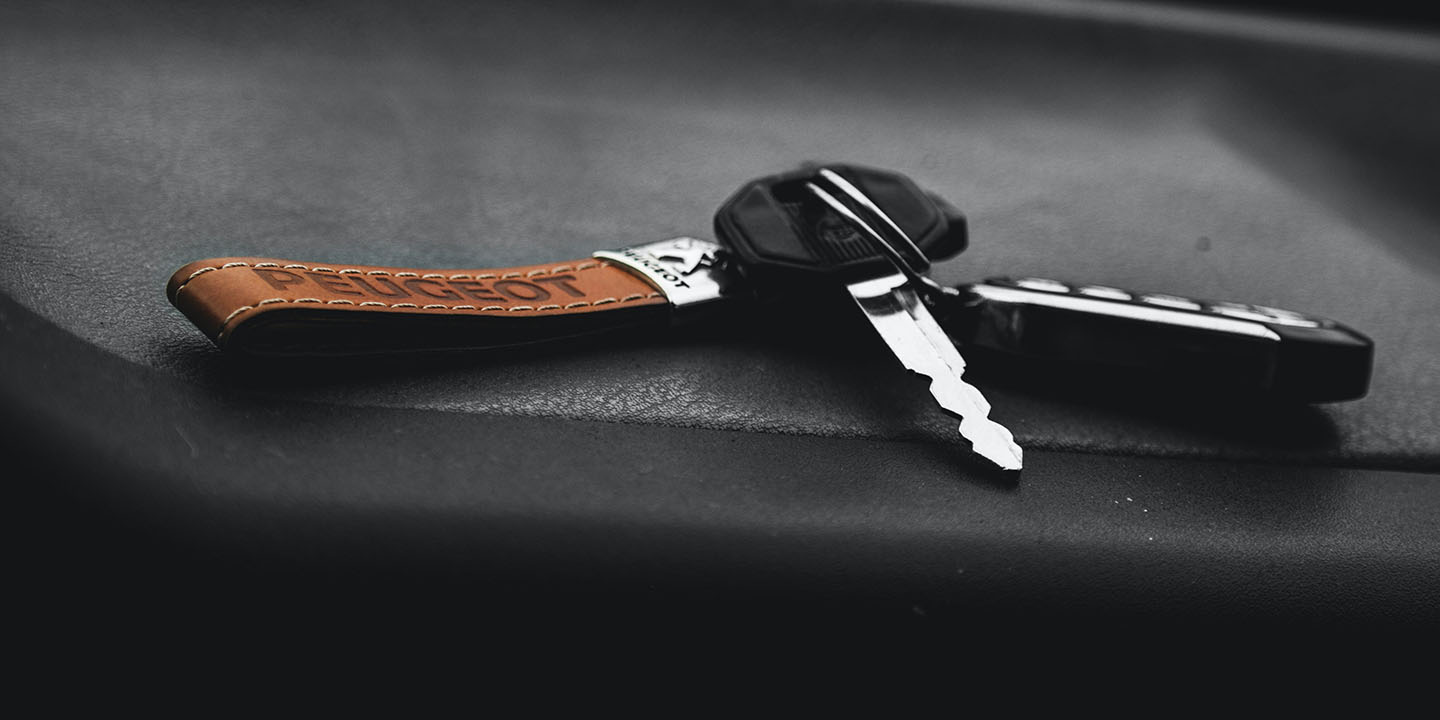Remain Calm and Stay on Track
No bones about it—car accidents are scary. From minor bumps to deployed airbags, fender benders can change your life (and certainly your insurance rates). However, knowing protocol can help make the whole ordeal a little easier.
 Photo by Ilja Nedilko on Unsplash
Photo by Ilja Nedilko on Unsplash
1. Keep Calm
It’s easier said than done, especially after a major accident, but try to remain calm. Don’t get upset with the other driver or panic about what comes next—just like anything in life, a level head helps you see clearly.
2. Don’t Leave the Scene
Regardless of who’s at fault, remain on the scene. Police or paramedics may need to come by, and you’ll need to exchange information. Also, leaving the scene of an accident is illegal. Get all your ducks in a row before peeling off.
3. Check for Injuries
It’s always good to check for injuries, even if you think you’re okay. Some people don’t experience symptoms of serious head injuries up to several hours after a crash, so call an ambulance regardless of how you feel—the professionals will know for sure.
4. Put Your Hazards On
Incoming traffic has no idea what’s going on, so don’t expect them to instantly yield. Put your four ways on after a crash; the last thing either party needs right now is to make anything worse.
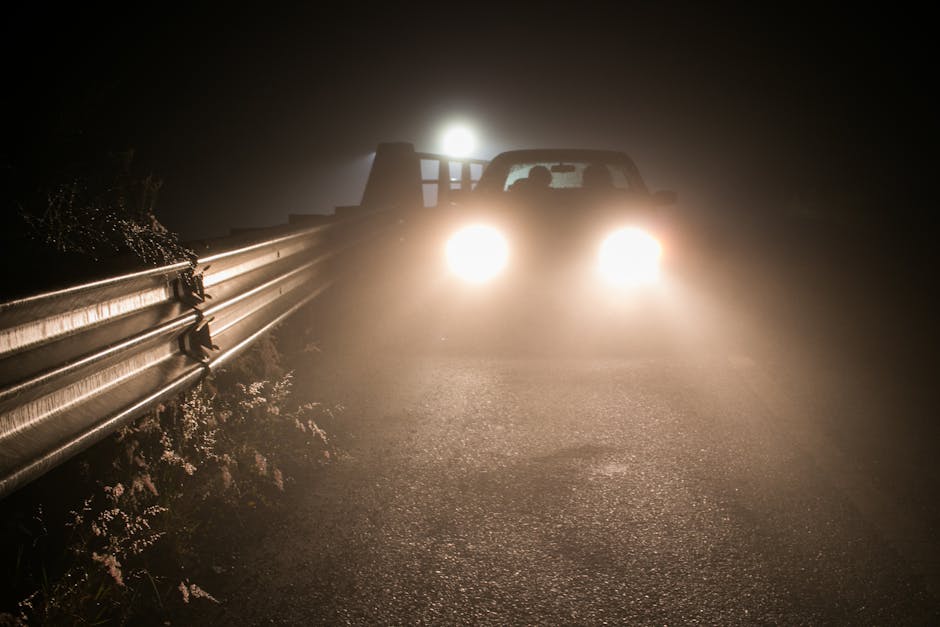 Ricardo Martínez González on Pexels
Ricardo Martínez González on Pexels
5. Move Out of the Way
Assuming it’s safe, pull your car off to the shoulder. A clear path makes it easier for first responders and prevents traffic backlogs. However, if you can’t safely move your vehicle, at least move yourself.
6. Call the Police
Don’t let minor damage deter you from contacting the authorities—even smaller fender benders benefit from police on site. Not only do police take detailed reports of the incident, but insurance companies often require documentation before any payouts. It’s also good to have a third-party report in case the other driver denies responsibility.
7. Watch What You Say
It’s easy to offer common courtesy in the heat of the moment, but lawyers can twist even the simplest words. Something as vanilla as an apology can be misconstrued as an admission of fault, so just stick to exchanging information.
8. Exchange Information
Speaking of which, don’t leave the scene without collecting basic information. You’ll want to nab everything from the other driver’s full name and plate number to the kind of car they drive and their insurance policy number.
9. Take Photos
Photos help you secure an insurance claim, so make sure you have accurate evidence. Snap pictures from multiple angles and make sure to detail anything from minor scratches to more severe damage.
10. Get Witness Testimony
If witnesses were present, ask for their information as well. You won’t need more than their name and phone number, but it’s enough peace of mind to have someone in your corner come claim time.
11. Remember the Nitty-Gritty
It’s important to document details in real time. Keep track of everything while it’s still fresh and don’t assume you’ll remember the nitty-gritty later. The more accurate your information, the better chance you have of a proper insurance claim.
12. Contact Your Insurance
Don’t let anyone off the hook after an accident. Even if the damage seems minor, insurance companies keep an accurate record of what happened and serve as a mediator—compliant drivers can always turn around and deny fault or renege on settlement terms.
13. Track All Expenses
To ensure full eligible coverage, keep track of your medical expenses and vehicle repairs. It’s also a good idea to hold onto maintenance costs for the future. If, for example, you need to sell your car or there’s an issue with repairs, you’ll have receipts to refer to.
14. Don’t Trust the Other Driver
Don’t worry—the other driver ensured you they’d reach out and agreed that the accident seemed minor. No harm, no foul! Except you never know what someone’s actually thinking, and next thing you know your insurance company comes knocking. Do things by the book and do it right.
15. Consider a Lawyer
Serious enough accidents could call for legal counsel. Low insurance payouts do too. Consider a lawyer in the event of personal injury or to request more compensation. (If you do opt for a lawyer, it’s all the more reason to have detailed records)!
16. Visit a Doctor if You Need To
Some accidents cause long-lasting injuries, which require your diligence in doctor’s appointments and physical therapy. Receipts, medical bills, and even pain and suffering journals can all help you earn higher compensation.
17. Keep Details Private
Don’t assume it’s safe to talk about the details of a crash online. Refrain from sharing any information about the crash on social media, including posting photos in online groups. Wait until everything’s been taken care of.
18. Don’t Put Anything Off
Whether major or minor, it’s important to deal with car accidents immediately. Exchange information, speak with your insurance company, and see a doctor before any lingering problems get worse. Not to mention, you only have so much time to file a claim in the first place.
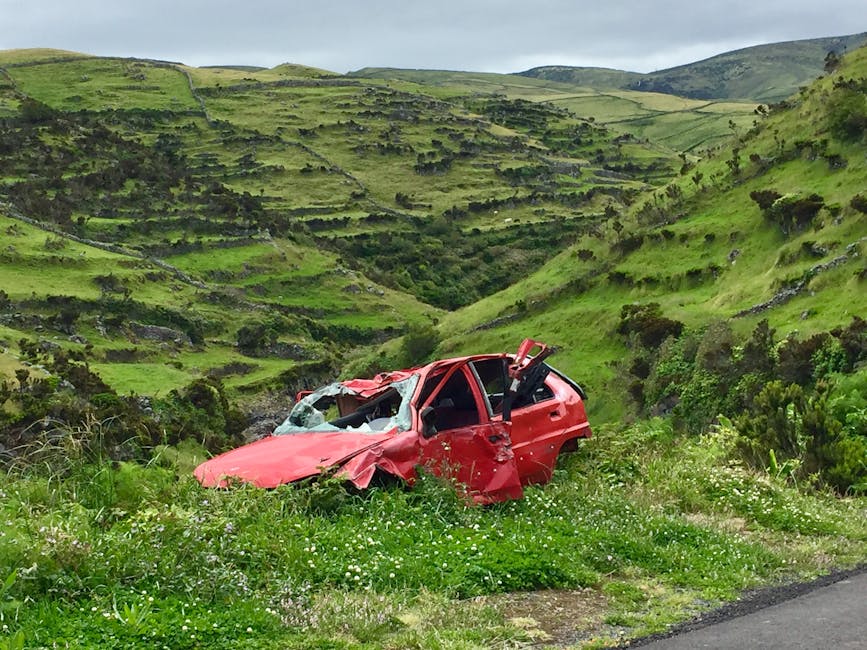 Dominika Kwiatkowska on Pexels
Dominika Kwiatkowska on Pexels
19. Look at Insurance Rates
Car accidents wreak havoc on insurance rates; the silver lining is that some companies have more affordable coverage for high-risk drivers. If you notice your rates skyrocket, it might be time to shop around for better prices.
20. Be Prepared for Next Time
In a perfect world, there would never be a next time—but you never know what life will throw at you and it’s important to be prepared. Dash cams, first aid kits, and collapsable pylons all make it a little easier to deal with the next worst-case scenario.




















